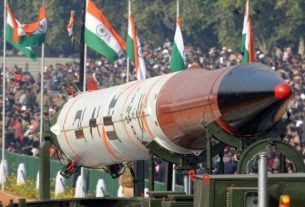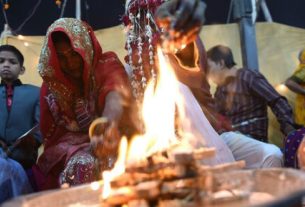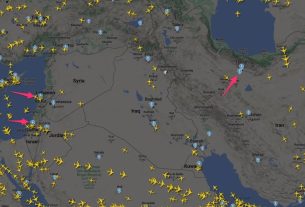The Myanmar junta’s control of northern Rakhine State has ended after a brutal siege at the Border Guard Police (BGP5) base near Maungdaw. The Arakan Army (AA), an ethnic insurgent group, claimed the base following months of intense fighting, marking one of the most significant victories in Myanmar’s civil war.
The AA’s assault began with calls for surrender, followed by relentless artillery fire that decimated the fortified complex. BGP5, built on the site of a Rohingya village destroyed during the military’s 2017 campaign, became a symbol of resistance. AA fighters faced extensive defenses, including minefields and spike-filled trenches. Both sides suffered heavy casualties, with the AA reporting over 450 junta troops killed during the siege.
The fall of BGP5 leaves the AA in full control of Myanmar’s 270-kilometer border with Bangladesh, a significant setback for coup leader General Min Aung Hlaing. Videos from the AA reveal demoralized soldiers surrendering, many injured and barely equipped, as victorious insurgents raised their flag.
Founded in 2009, the AA has emerged as one of Myanmar’s most formidable insurgent forces, combining disciplined leadership with advanced weaponry and alliances with other ethnic groups. The group now controls most of Rakhine State and is administering it independently. However, challenges abound. Rakhine, ravaged by war and displacement, faces severe humanitarian crises, with towns like Maungdaw nearly destroyed and tens of thousands displaced.
The AA’s relations with the Rohingya population, numbering around 600,000 in Rakhine, remain fraught. While some Rohingyas welcome AA rule, others face forced displacement. The AA has promised inclusion but has also clashed with Rohingya groups aligned with the military.
As the AA consolidates control, its next moves will shape the future of Rakhine. However, questions linger about its capacity to govern a war-torn state and its willingness to join broader efforts to dismantle the junta’s grip on Myanmar.





